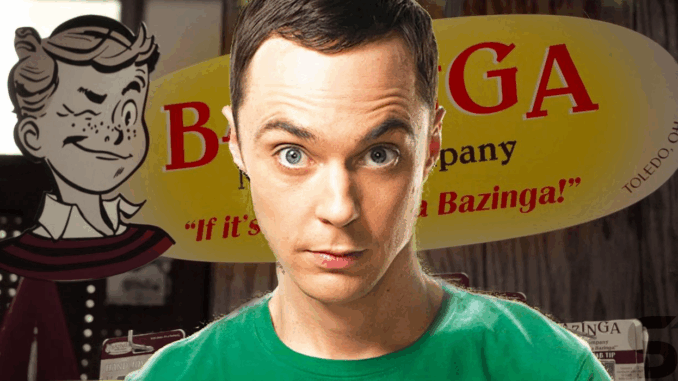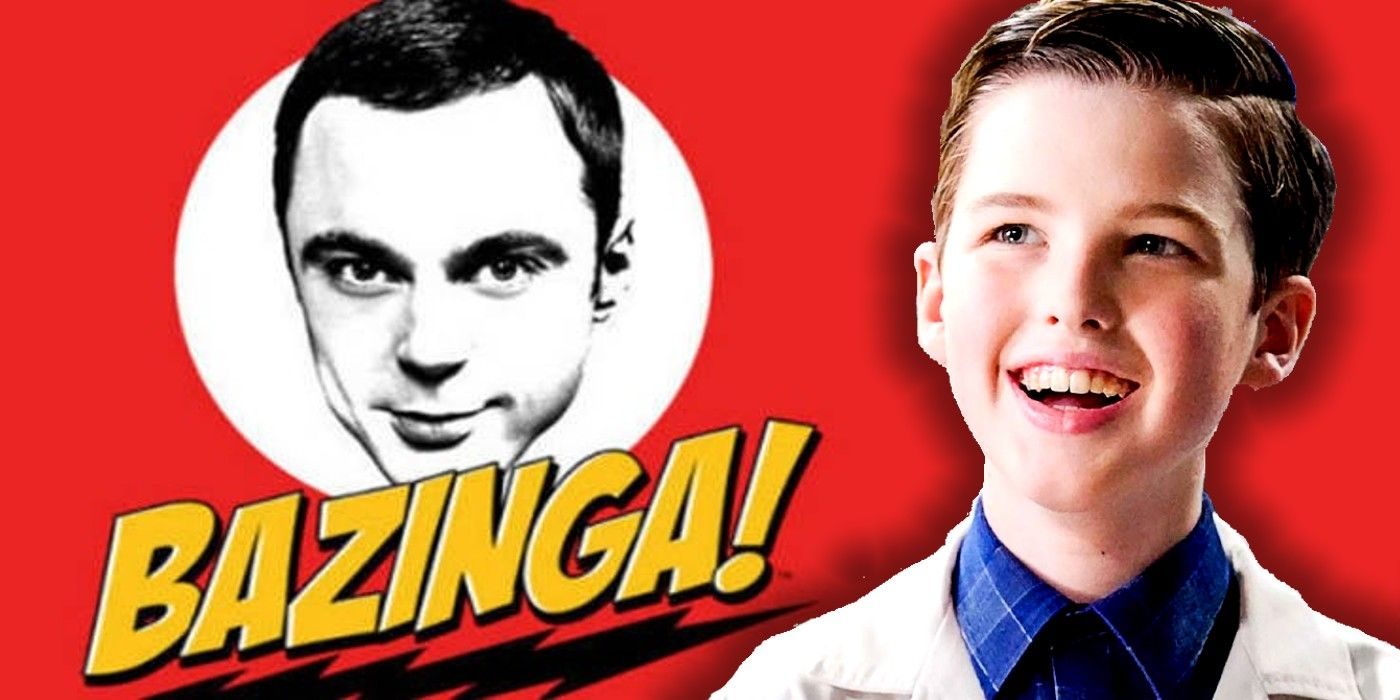
The Rise of a Catchphrase: Where “Bazinga” Began
In a series filled with scientific jargon, pop culture references, and awkward social encounters, few things resonated with fans of The Big Bang Theory quite like Sheldon Cooper’s signature phrase: “Bazinga!”
First uttered in the show’s second season, the word quickly became more than just a punchline—it was a symbol of Sheldon’s unique take on humor and a rallying cry for fans around the world.
But where did it come from? Interestingly, “Bazinga” wasn’t originally in the show’s DNA. According to the creators, the term was coined by writer Stephen Engel and became a spontaneous, quirky element that Jim Parsons—who plays Sheldon—incorporated into the character’s personality. From then on, it snowballed into a sitcom phenomenon.
Why “Bazinga” Worked So Well
Part of what made the catchphrase so memorable was its context. Sheldon, with his literal thinking and often emotionless demeanor, struggled to understand sarcasm or irony. But when he cracked a joke or played a prank—however offbeat—he’d punctuate it with a proud “Bazinga!” as if to alert everyone that humor had just happened.
It was an endearing contradiction: a genius who needed a signal to make sure you knew he was joking. And somehow, that self-awareness made Sheldon’s character even more relatable.
“Bazinga” became a linguistic flag for fans, signaling shared fandom and a love for the show’s quirky tone. It was the “How you doin’?” of a new TV generation.
From Sitcom to Pop Culture Sensation
The phrase quickly transcended the series. It showed up on T-shirts, mugs, phone cases—even greeting cards. In 2012, DC Comics paid homage to Sheldon and The Big Bang Theory with a Flash comic titled “Bazinga!” In 2015, scientists named a species of orchid bee “Euglossa bazinga” in tribute to Sheldon’s catchphrase, acknowledging the character’s cultural significance and intellectual image.
The term became so widespread that even people who didn’t watch the show knew what it meant—or at least recognized the voice behind it.
More Than a Meme: A Marker of Evolution

But “Bazinga” wasn’t just a throwaway gag. It marked a turning point in the evolution of Sheldon as a character. Over time, viewers saw fewer “Bazinga” moments, not because they stopped being funny, but because Sheldon himself began to change.
He matured. He formed deeper bonds with his friends. He even (eventually) fell in love. The phrase, once used to highlight his emotional distance, slowly faded as he began to experience the world more like the people around him.
In a way, the decline of “Bazinga” was a narrative choice—it allowed viewers to witness growth, without erasing the goofy, iconic foundations of who Sheldon was.
What It Tells Us About The Big Bang Theory’s Legacy
The Big Bang Theory succeeded, in part, because it embraced the weirdness of its characters. “Bazinga” was the distillation of that ethos. It invited audiences to laugh not at Sheldon, but with him. It celebrated intelligence, awkwardness, and joy in equal measure.
In today’s world, where sitcoms increasingly chase realism and subtlety, “Bazinga” stands out as a throwback to when catchphrases had power and heart.
Conclusion: The Joke That Was Never Just a Joke
To some, “Bazinga” might seem like just another silly sitcom phrase. But for fans of The Big Bang Theory, it was a window into the mind of a complex character and a beacon of the show’s unapologetically nerdy charm.
It taught us that comedy doesn’t always need to be cool or sophisticated—it just needs to be true to the character. And in Sheldon Cooper’s case, nothing could have been truer than that loud, proud, perfectly timed “Bazinga!”